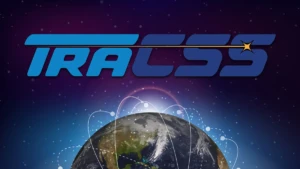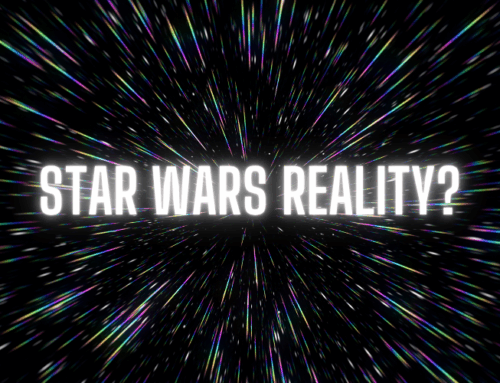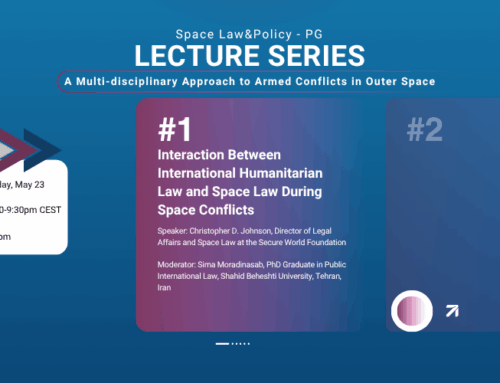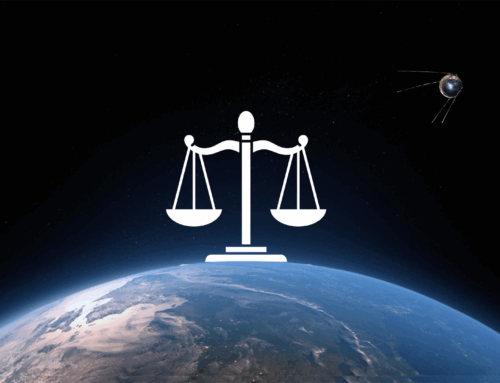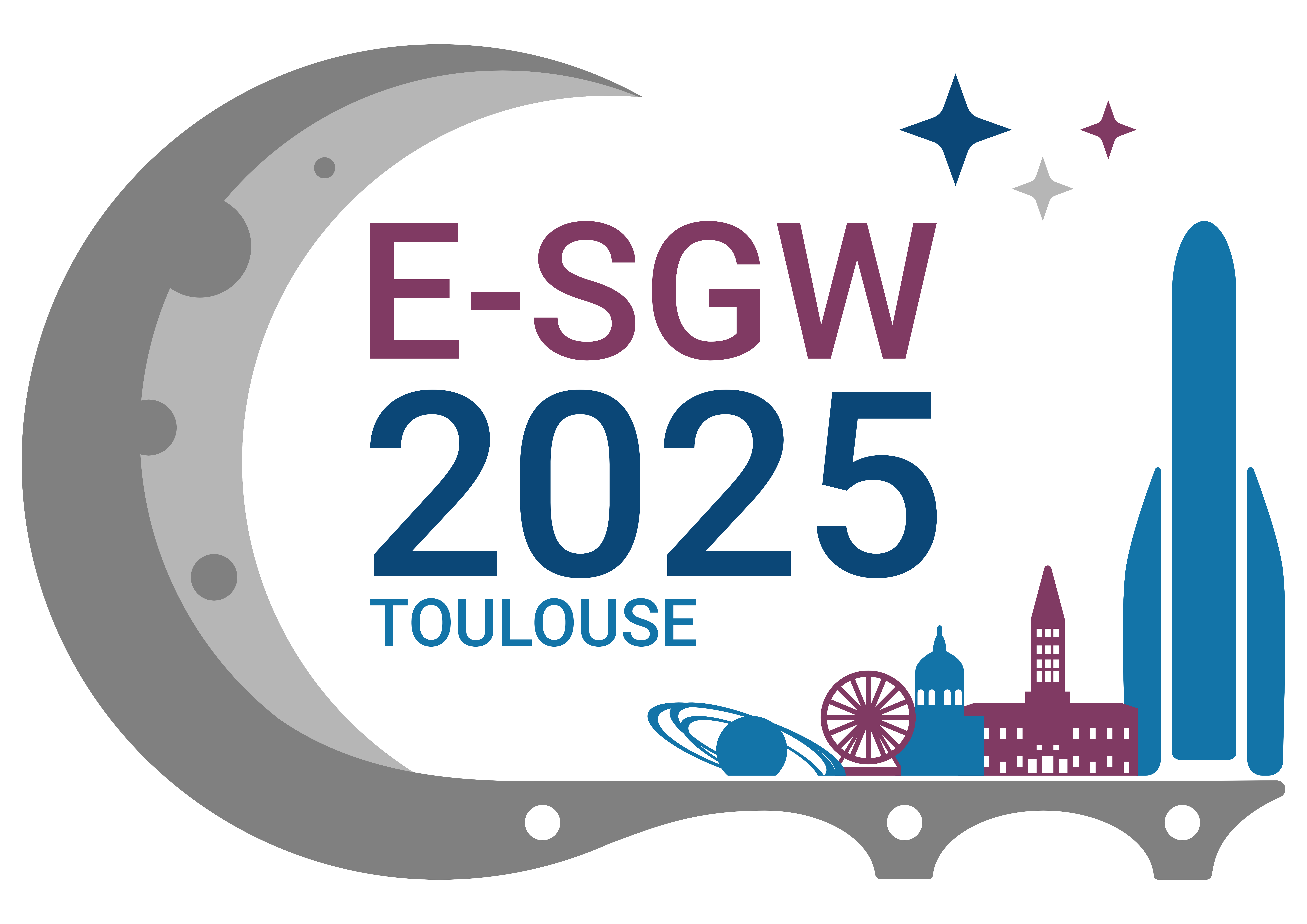“In a context where collision risks have risen, threatening the operability of space systems, it is essential to enhance timely and accurate Space Situational Awareness (SSA) capabilities.”
Alongside the rapid increase in the number of space objects, a widespread awareness of the problem of debris and the overall congestion of outer space has spread internationally. A solution to this problem is of utmost urgency, and it should stem from an international effort. However, geopolitical barriers and the strategic value of space assets have hindered the achievement of comprehensive international measures to properly address this global challenge. Therefore, in a context where collision risks have risen, threatening the operability of space systems, it is essential to enhance timely and accurate Space Situational Awareness (SSA) capabilities.
The Evolving Landscape of Space Situational Awareness: TraCSS
The United States is making significant efforts in SSA through the development of the Traffic Coordination System for Space: the TraCSS program. In 2022, the Departments of Commerce (DOC) and Defense (DoD) signed a cooperation agreement for the transfer of responsibility from the DoD to the DOC for civil and commercial space traffic management. The program’s aim is ambitious, yet crucial: blending government and commercial data to provide accurate SSA for civil and commercial operators free of direct users fees. The first phase of the TraCSS program is planned to become available for a set of users in the fall of 2024, and it is being developed to ensure continuity with the services offered by Space-Track.org.
TraCSS represents a key component of the US strategy to pursue the SSA mission. By leveraging data standards from organizations such as the Consultative Committee on Space Data Systems and the International Organization for Standardization, TraCSS aims to set new benchmarks for global SSA practices. Additionally, it is likely to contribute to shaping international behaviors and best practices towards securing operations in an increasingly congested outer space.
Data-sharing Practices
The implementation of TraCSS is expected to generate positive spillovers to other space-faring nations. For instance, data made available by TraCSS might be shared and fused with data provided by other SSA services. The aim would be to obtain a better performance, ensuring more accurate and timely conjunction data messages (CDMs). This has been shown in a recent study conducted by the US Office of Space Commerce (OSC) and the EU Space Surveillance and Tracking (EU SST): “US-EUSST Data Exchange for Improved Orbital Safety”. The study highlighted the mutual benefits of data-sharing in improving prediction accuracy and in increasing the robustness of datasets. Moreover, data fusion allows to maximize the output in cases of data scarcity, stressing once again that international and multi-stakeholder cooperation is not merely desirable, but essential.
The EU operates its own Space Surveillance and Tracking System, providing assessments on the risks of in-orbit collisions, uncontrolled re-entry of space objects and debris, as well as detecting and characterizing in-orbit fragmentations. Hence, EU SST is a SSA component of the EU Space Program based on data coming from EU SST contributing sensors, mainly radars, telescopes and a set of laser ranging stations. Moreover, the database is complemented by external sources, including the Space-track catalogue. For this reason, TraCSS is expected to play a pivotal role in enhancing services through data-sharing.
According to the Office of Space Commerce, in TraCSS Phase 1.0 three main enhanced features will be delivered:
- Increased Cadence to Conjunction Assessment (CA) Screening every 4 hours
- Investment in improved Quality Owner/Operator Ephemerides
- Maintain Space-Track.org interface to minimize disruption during start up
Consequently, the implementation of TraCCS’ first phase will set the stage for further and more detailed analyses. Overall, the project is of substantial magnitude and the international community will surely monitor its performance, as well as its spillovers on other SSA services. Nevertheless, improved tracking cannot transcend a cooperation that must be multilateral, meaning that space actors and operators need to comply with legal frameworks and guidelines, register their satellites, and submit ephemeris data information.
Meet the author
Chiara is a MA student in International Security Studies at Charles University in Prague, and holds a degree in International Relations and Diplomatic Affairs from the University of Bologna. She is also working as a sales and marketing specialist at Gymbody, an Italian sportswear firm.

